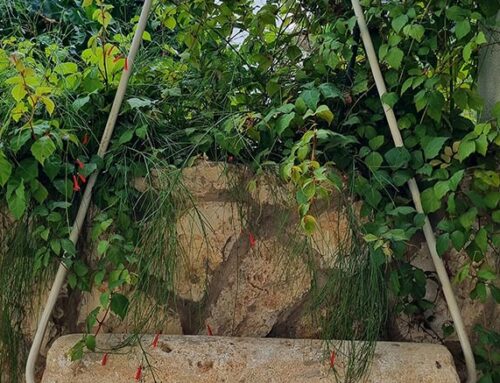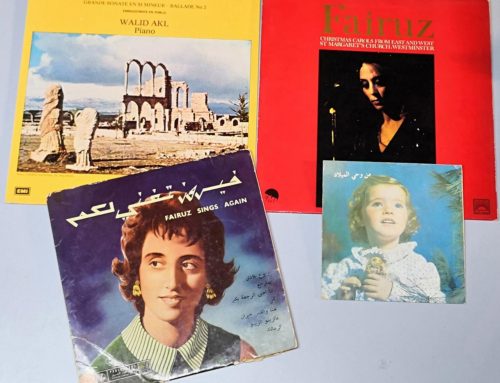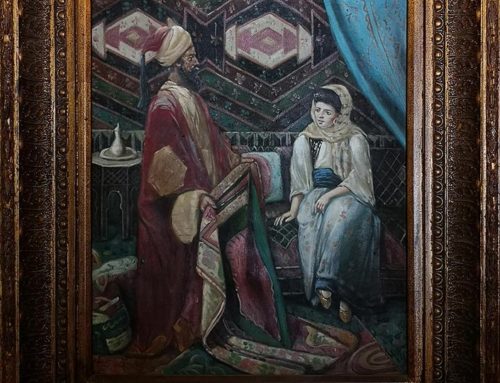Read the introduction of Lebanon – A Name through 4000 Years Entity and Identity
“… If the nations are built by their citizens’ will, this will not proceed from unconsciousness to consciousness, from reaction to action, from a passive state to an active one without awareness. The substance of national awareness is evidently the knowledge of the basic elements of the Nation’s existence. This knowledge is the awaking of the self to realize its potential, and is the source of its self-confidence, and its faith in its own entity.”
It is commonly admitted that any country wouldn’t exist, evolve, ensure and maintain its legal entity and political statute without a profound knowledge and real understanding of the basic elements which uphold the foundation of its existence and legality of its entity.
These elements are:
First: The “land” which is the firm and solid material support of the Entity. The geographical location, the climatic conditions, the morphology of the land and the nature of the soil, all constitute a whole of natural determinative factors that condition and stimulate the History of human existence.
Second: The “people” living on this land, weather autochthonous, foreign or a mixture of both, who give a meaning and vocational guidance to History and define its progression and process.
Third: The “heritage” or the patrimony, in its material and cultural aspects in fields like mythology, religion, society, economy, philosophy, literature, art, science, politics and folklore. This heritage is the expression of the people’s historical personality and defines the characteristics of their “Historical Identity”, which is the result of the interaction between Man and his natural, human and cultural environment.
These basic elements become more clear over time and prepare for the rising of a political and legal Entity represented by a “State”, which is an expression of a national will, an awareness of belonging to a united and unifying national Entity, and an exclusive loyal allegiance to it.
Relying on these elements, “the State of Greater Lebanon” was proclaimed on September 1st, 1920 by General Henri Gouraud who was commissioned by the French Government to apply the resolutions of the Peace Conference held in Paris. These resolutions stipulated the execution of the Lebanese revendications claimed by the “Administrative Council of Mount Lebanon”. The Council was as a Lebanese Parliament comprising representatives of different Lebanese Parliament comprising representatives of different Lebanese religious groups. The most important of these revendications is the “restitution of Lebanon to its natural and historical boundaries”.
The foundations of the State of Greater Lebanon were strengthened following international recognition and the proclamation of the Mandate Act by the Council of the League of Nations on July 24th, 1922. Thus, the boundaries of this State of Greater Lebanon became those of the present Lebanese Republic which were fixed by the Lebanese Constitution settled on May 23rd, 1926, and officially recognized by the countries affiliated to the United Nations. The “natural and historical boundaries” were settled in response to the Lebanese free will.
One of the most prominent national feelings which are mostly related to the consciousness of allegiance is the sense of sovereignty correlated, in turn, with the existence of the State. This sovereignty is manifested by “the natural right” performed by any citizen on his country’s land in full liberty under the law and justice. But this national right is not an instinctive feeling; it is related to an awareness of its legitimacy. In as much as the citizen is aware of the justifications of his rights and the natural and historical basis of his country, he better perceives the meaning of “national sovereignty”, and urges to safeguard and defend each part of his land. But the awareness of the national structural basis must be strengthened by a good understanding of the concept of the “Nation-Country”.
The country for its citizens is like “the father” gathering his sons equally, in filial rights: they are sons of one father. They are not joined by a contract of “proprietorship” but by “citizenship”. They must be contributors to the national entity, even if they belong to various groups or tendencies. Any lessening of one citizen’s right harms the whole national entity not only in its form but also in its essence.
A true understanding of the national entity’s basic elements is an introduction leading to the elaboration of a system aiming a “beingness” between the fellow citizens, i.e., “to be” together, no “to have” together allotments, shares or rights within a regime of conviviality; they must be aware that they constitute not an “association”, but the elements of a social sharing the same destiny.
I hope that my research will contribute, firstly, to defining the natural geographic dimension of Lebanon as an Entity through the ages, secondly, to forming the first step in the national Lebanese self-awareness, and thirdly, to procuring the fundamental elements of the Lebanese “deed of property” relying in historical, ancient and middle ages documents, from the midst of the 3rd millennium B.C. to the end of the 15th century A.D. Without presenting these documents, “faith” will remain weak, “doubt” will prevail, “mistrust” will freely roam around the Lebanese Entity, enchaining and weakening it in order to dissolve it.
Nothing remains except “Knowledge” to liberate and “Audacity” to rescue.






